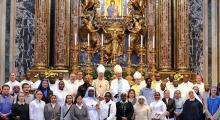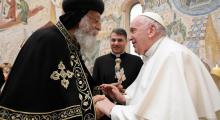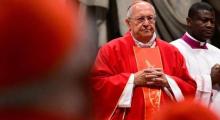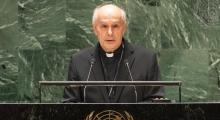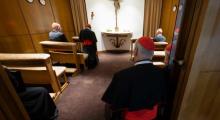Issued by the Catholic Center for Studies and Media - Jordan. Editor-in-chief Fr. Rif'at Bader - موقع أبونا abouna.org
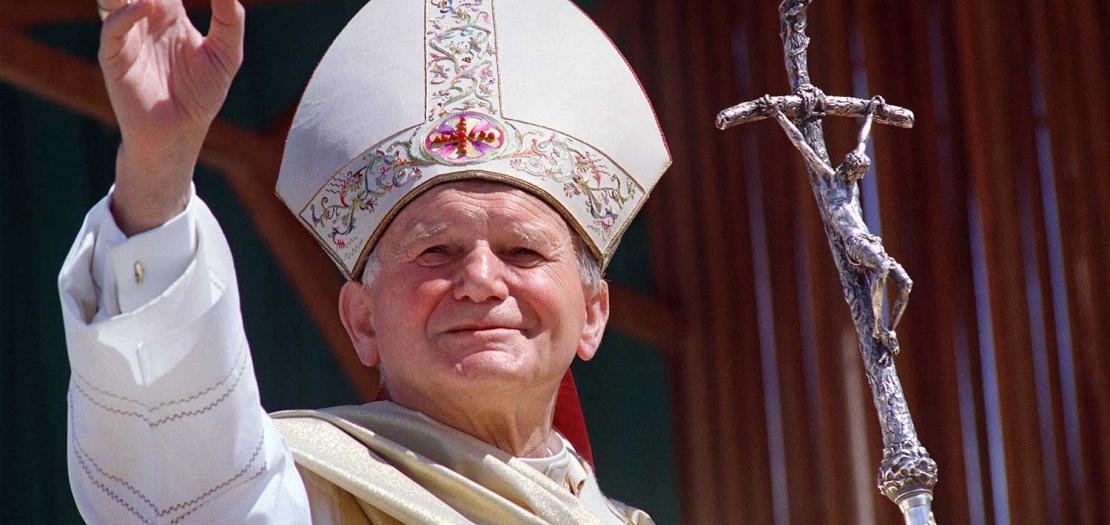
Twenty years have passed since the evening of Saturday, 2 April 2005, when millions of people around the world mourned the death of Saint John Paul II.
Two decades later, he is rightly remembered as a great defender of life, human dignity, and religious freedom. Most particularly remember his insistence against communism. However, few recall his other prophetic teachings, which are particularly relevant in our own dark moment of history.
In the year 2000, a significant part of our world was still intoxicated by the notion of the "end of history" after the fall of the Berlin Wall. Meanwhile, in the former Eastern Bloc countries, consumerism and secularization were spreading more than a revival of faith.
The Polish Pope chose to bring the statue of Our Lady of Fatima to St. Peter’s Square and spoke words that at the time went largely unheeded: "Humanity stands at a crossroads. It now possesses tools of unprecedented power: it can turn this world into a garden or reduce it to a heap of rubble."
One year later, the tragedy of September 11th plunged the West back into fear.
As early as 1991, Pope John Paul II opposed the First Gulf War and was abandoned by those Western leaders who, just two years earlier, had praised his role in Eastern Europe.
In 2003, he was even more resolute in his opposition to war when, based on false evidence, several Western countries launched a second war against Iraq.
Already suffering from Parkinson’s disease and physically weakened, Pope John Paul II felt compelled to warn the 'young' heads of government leading this new Gulf campaign.
He reminded them of the horrors of the last World War, which he, the elderly Successor of Peter and son of a martyred nation, had experienced firsthand.
During the Angelus, he spontaneously added this appeal: "I belong to the generation that lived through World War II and survived it. I have a duty to say to all young people, to those younger than me who have not had this experience: 'Never again war!'—as Pope St. Paul VI said on his first visit to the United Nations, "We must do everything possible!"
Today, more than ever, as the world burns and nations rush to fill their arsenals, with propaganda fostering an atmosphere of alarm and fear to justify massive military spending, we must remember those prophetic words of the Bishop of Rome who came from "a distant country."
His successor now echoes that same cry, once again standing alone against the madness of war.


